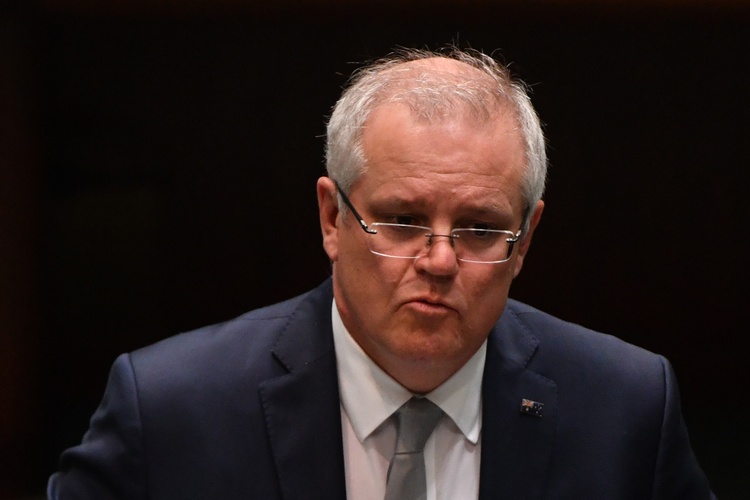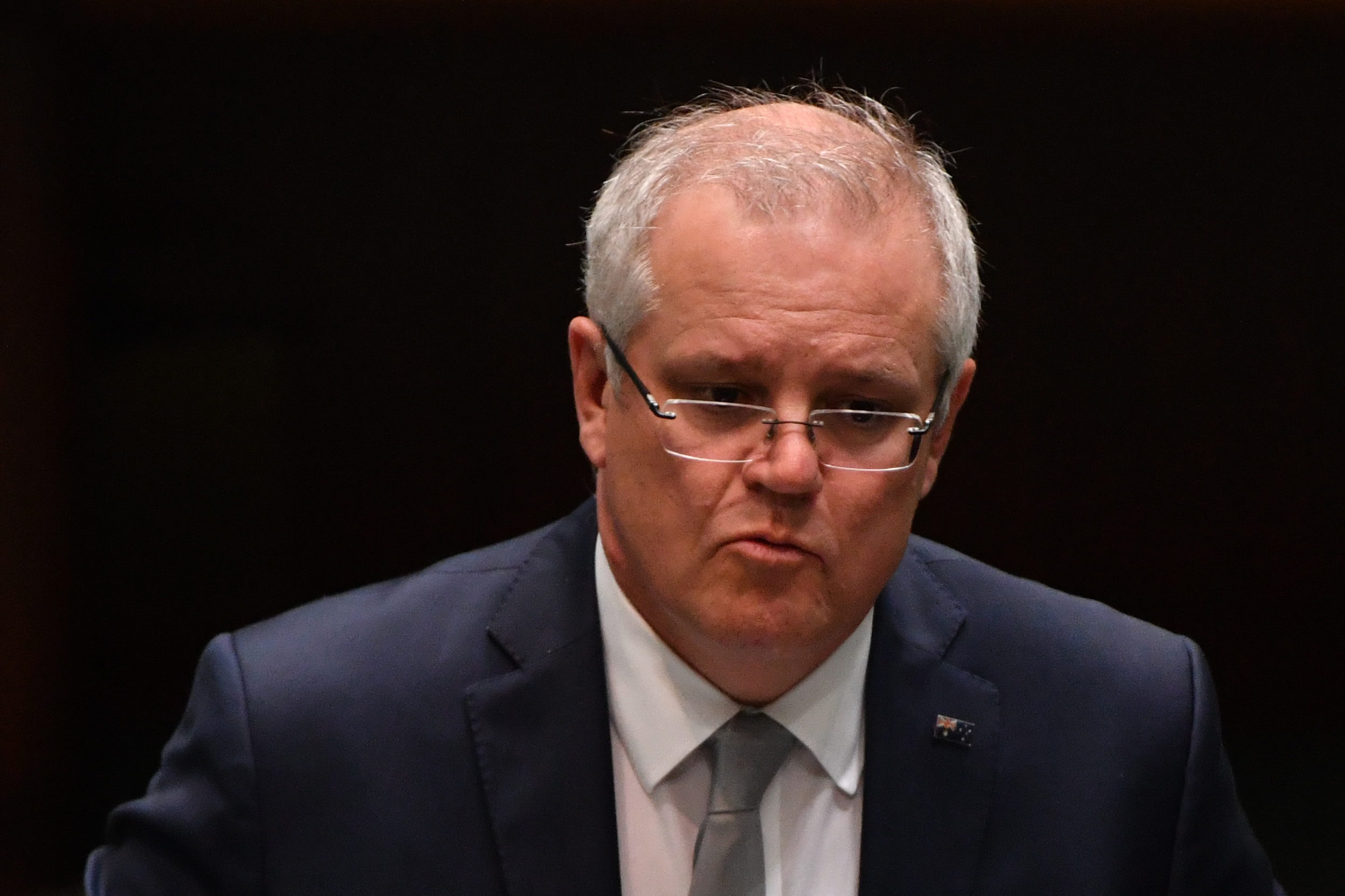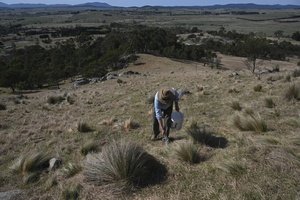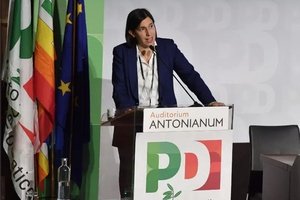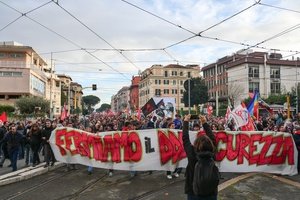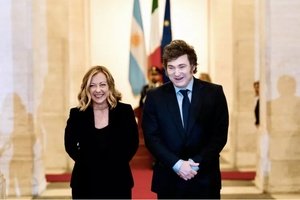Morrison made the comments on Thursday while defending Captain James Cook and arguing why the English explorer’s statue in Sydney’s Hyde Park should stay put.
“Australia when it was founded as a settlement, as New South Wales, was on the basis that there be no slavery,” Morrison told 2GB.
“And while slave ships continued to travel around the world, when Australia was established, yes sure, it was a pretty brutal settlement… but there was no slavery in Australia.”
Morrison’s claims were refuted by dozens of Australian historians and Indigenous politicians.
“The PM would do well to look into the history of the country he is trying to lead,” Northern Territory Labor senator Malarndirri McCarthy tweeted.
“Truth telling must be an integral part of unifying our country, not dividing it.”
West Australian Labor senator Pat Dodson said there were numerous examples of Aboriginal people “who were basically incarcerated, enslaved, on pastoral properties under acts which indentured them to employers without any pay”.
He also cited the practice of “blackbirding” – the trafficking of South Sea Islanders in the 19th century to work on sugar cane plantations in Queensland.
“I’ve seen people carrying water and being slaved without pay,” he told the ABC.
“So prior to 1967, the world was a bit different to what Mr Morrison might recall ... he really should have a really serious look at Australian history.”
Historian Professor Mark McKenna from the University of Sydney said Morrison’s comments were “simply wrong”, but unfortunately not that uncommon.
“It’s just a perception, we have this myth that Australia was settled peacefully which of course it wasn’t,” he told Seven Network.
“There is a failure to understand the heinous practices that involved Indigenous people and the forcible use of their labour.
“There is a lack of understanding how our country was colonised and how the land was won.”
McKenna said the practice of rounding up Aboriginal people in Western Australia for forced labour in the pearling industry in the 19th century was widely documented at the time as a form of slavery.
“This isn’t just some retrospective view,” he said.
NSW Labor senator Linda Burney said the Morrison’s comments proved a need for a greater understanding and awareness of Australian history.
“We cannot achieve meaningful progress on matters such as reconciliation if, as a nation, we are not aware of the historical context of the challenges we face in the present,” she said in a statement.
“One of the crucial elements of the Uluru Statement was a national process of truth telling.”
Indigenous historian Bruce Pascoe echoed this sentiment, saying Australian won’t have proved itself as a nation until Aboriginal and non-Aboriginal cultures are brought together.
“It’s not rocket science really,” he told ABC radio this morning.
“It’s about recognition, it’s about embracing the history – good and bad.”
Pascoe said successive governments have failed to make any headway on the issue, with both histories not being embraced.
“It’s pretty obvious that when you chain people up by the neck and force them to march 300 kilometres and then work on cattle stations for non-indigenous barons, then that is slavery,” Pascoe added.
Indigenous incarceration rates and Aboriginal deaths in custody have come under the spotlight along with the Black Lives Matter movement, which gained momentum in the US after African-American man George Floyd was killed by Minneapolis police officers upon his arrest.
Home Affairs Minister Peter Dutton lashed out at an apparent rash of “cancel culture” in response to the movement.
Netflix has pulled four shows featuring controversial Australian actor Chris Lilley and there are supposedly calls to topple statues of British explorer Captain James Cook.
“I don’t think ripping pages out of history books and brushing over parts of history you don’t agree with or you don’t like is really something the Australian public is going to embrace,” Dutton told Nine’s Today show.
“There are good and bad parts of our history. You learn from that.”
Dutton said Netflix’s decision to remove the Chris Lilley shows, depicted the comedian in a range of characters including blackface, was absurd.
Opposition Leader Anthony Albanese opposed the removal of statues.
“You can’t rewrite history, you have to learn from it,” he told Sydney radio 2GB.
“The idea that you go back to year zero of history is in my view, just quite frankly unacceptable.”
It comes as several protests are scheduled for the weekend in Australian cities, including a Black Lives Matter march slated for this evening in Sydney and expected to attract up to 3000 people.

